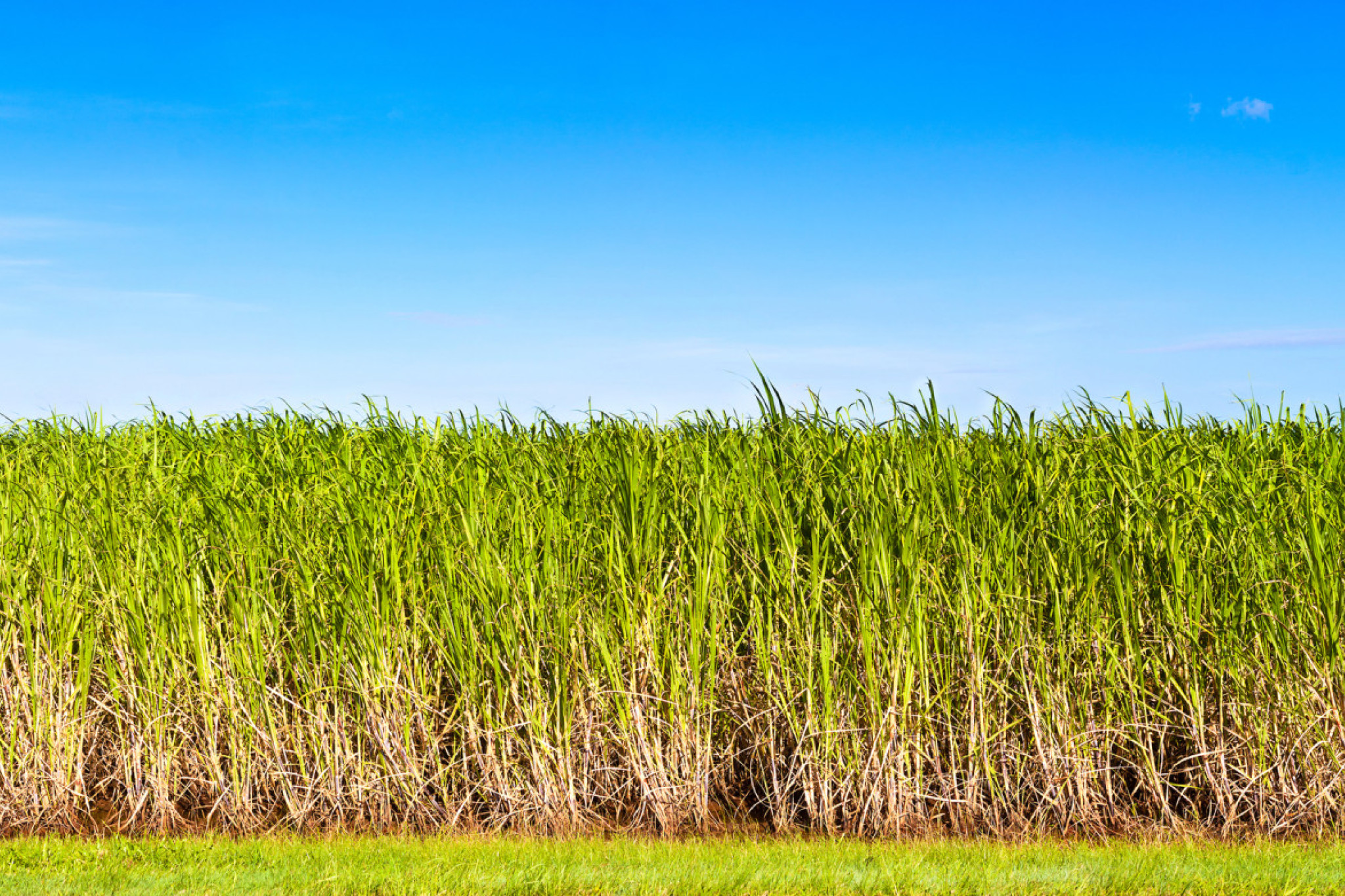On The Land
21 June, 2025
State inquiry to unlock sugar industry growth
THE potential for bioenergy and value-added sugar production in Queensland will be put under the microscope, with the Primary Industries and Resources Committee launching a new Parliamentary Inquiry into the sector.

The committee will examine how to unlock new investment, support value-adding opportunities in the sugar industry, and overcome regulatory barriers that may be holding the sector back.
The Parliamentary Inquiry aligns with the State Government’s ambitious target to grow the value of Queensland’s primary production output to $30 billion by 2030.
Acting Minister for Primary Industries Dale Last said the inquiry would examine opportunities to grow Queensland’s agri-economy and create jobs in regional communities.
“Sugar is our state’s number one agricultural export, contributing $4.4 billion annually to Queensland’s economy and supporting over 20,000 jobs across regional communities,” he said.
“Queensland is uniquely positioned with the scale, skills and natural advantage to lead the world in alternative fuels and value-added agriculture.
“This inquiry will shine a spotlight on the regulatory and legislative barriers to developing a bioenergy industry and identify the levers we can pull to support the sector’s growth.
“The recommendations from this inquiry will help guide future policy decisions that support industry diversification and regional growth.”
Canegrowers chief executive Dan Galligan welcomed the inquiry and said it would highlight the potential of bioenergy to add to the sugar cane sector’s long-term sustainability.
“The potential to develop Queensland’s bioenergy sector presents an enormous opportunity for sugar cane growers,” he said.
“The bioenergy industry has the potential to diversify our already successful sugar sector and fortify rural and regional communities from Far North Queensland to the New South Wales border.”
Australian Sugar Manufacturers chief executive Ash Salardini said bioenergy from sugar could potentially put downward pressure on energy prices.
“The sugar industry can be a powerhouse energy producer for Queensland, including through the production of biofuels and renewable baseload electricity,” he said.
“The only way we are going to get there is with industry and government working hand in glove to capture these opportunities.
“A successful bioenergy agenda will help underpin investments in our manufacturing plants, making our factories some of the most efficient and reliable in making sugar and securing our international competitiveness for the next 50 years.”
The committee will deliver an interim issues paper within six months with a final report to be tabled within a year.


